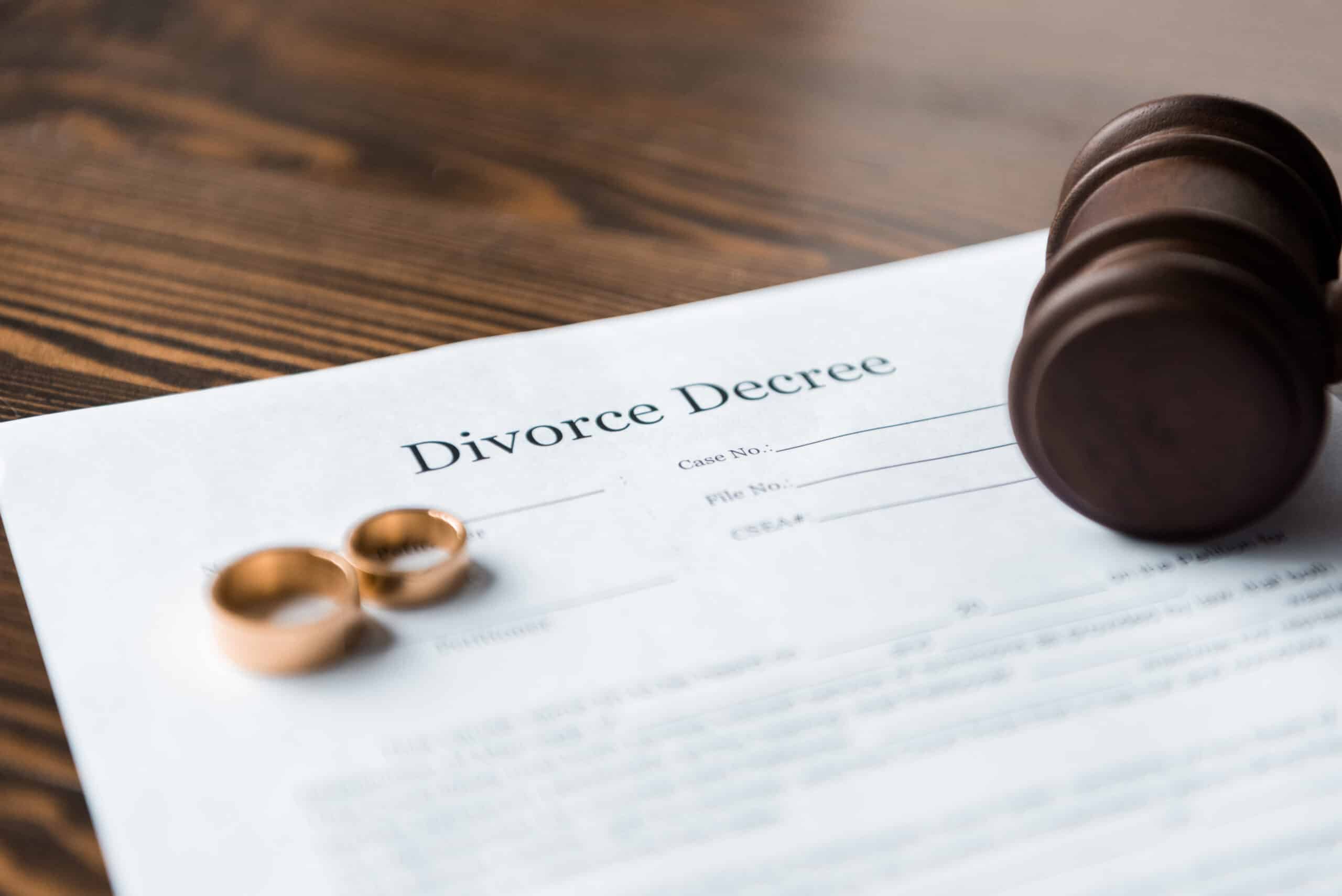Physical Address
304 North Cardinal St.
Dorchester Center, MA 02124
Physical Address
304 North Cardinal St.
Dorchester Center, MA 02124

Have you ever wondered what a divorce decree really signifies?
Think of it as the final chapter in a marriage story. This legally binding document marks the end of a shared journey, but it’s more than just a closure. It’s a blueprint for the future.

A divorce decree isn’t just about saying goodbye. It navigates you through the complexities of life post-divorce. From asset division to custody arrangements, it lays out every detail.
But how does it work? What makes it so crucial in turning a new page?
If you’re curious about the ins and outs of a divorce decree, you’re in the right place. Keep reading to unravel the mysteries behind this significant legal document.
A divorce decree is a court’s final order that concludes the legal proceedings of a divorce, detailing the terms of your settlement including child support and custody arrangements.
When your divorce is finalized, you receive a divorce decree, a legally binding document that formally dissolves your marriage. It represents the final judgment of the court and includes comprehensive details of the divorce settlement.
Understanding the distinction between a divorce decree and a divorce certificate is important.
The decree is used for legal proceedings and settlements, while the certificate serves as proof of divorce for name changes or to remarry.
After your divorce is finalized, certain legal and administrative steps must be taken to update records and official documents. These procedures ensure your legal matters reflect your new status properly.
Once a judge has signed your divorce decree, the court clerk files it in the courthouse. It’s essential to obtain certified copies of the decree from the court clerk’s office; you’ll need them for various administrative tasks. Make note of your case number, the judge’s name, and other identifying information as these might be required.
In many states, having a certified copy with the court seal is proof of divorce, which is necessary when modifying child custody, visitation schedules, or handling other related legal matters.
If you’re reverting to a previous name after divorce, the divorce decree should be presented to various entities to update your identifying information. Start with the Social Security Administration and Department of Motor Vehicles—you’ll typically need to show your marriage certificate and divorce decree to update your social security card and driver’s license.
The county clerk can assist with changes to your passport and other personal records.
Remember, each institution may have its own forms and requirements for processing name changes.
You’re now responsible for updating all insurance policies and estate planning documents. This includes life insurance, health insurance, and any documents where your ex-spouse was named.
Contact your health department, insurance providers, and creditors to inform them about the status change. You’ll commonly need to provide a certified copy of the divorce decree to make these changes effectively.
This is a crucial step in separating your legal and financial ties and protecting your assets.
Navigating life after a divorce decree, or the judgment of dissolution, requires an understanding of your responsibilities and rights. This mandate from the court serves as the final step in your divorce proceedings, establishing obligations you and your ex-spouse must adhere to.
Your divorce decree outlines specific terms like child custody, visitation schedules, and division of assets, including retirement accounts. As binding court orders, these terms are enforceable by law. If your ex-spouse does not comply with the decree, you may need to return to court to enforce the order. It’s essential to keep a thorough record-keeping system for evidence, including all communications regarding obligations and any breaches of the decree.
Should circumstances change significantly after your divorce, you may seek modifications to the decree. Major life changes, such as a significant shift in finances or relocation, can necessitate an amendment to the original terms. To alter these conditions, you’ll likely need to present evidence to a court that supports the need for change. An appeal is a more complex process, requiring you to contest the court’s original decision based on the belief that an error occurred during the court proceeding.
After your divorce, it’s important to focus on your financial and emotional well-being. Evaluate your finances, ensuring you adhere to any obligations such as alimony or retirement account division. It may be wise to consult a financial advisor or leverage a power of attorney if managing finances is overwhelming.
Remember that, while the judgment of dissolution marks the end of your marriage, it’s also the starting point of a new chapter in your life.